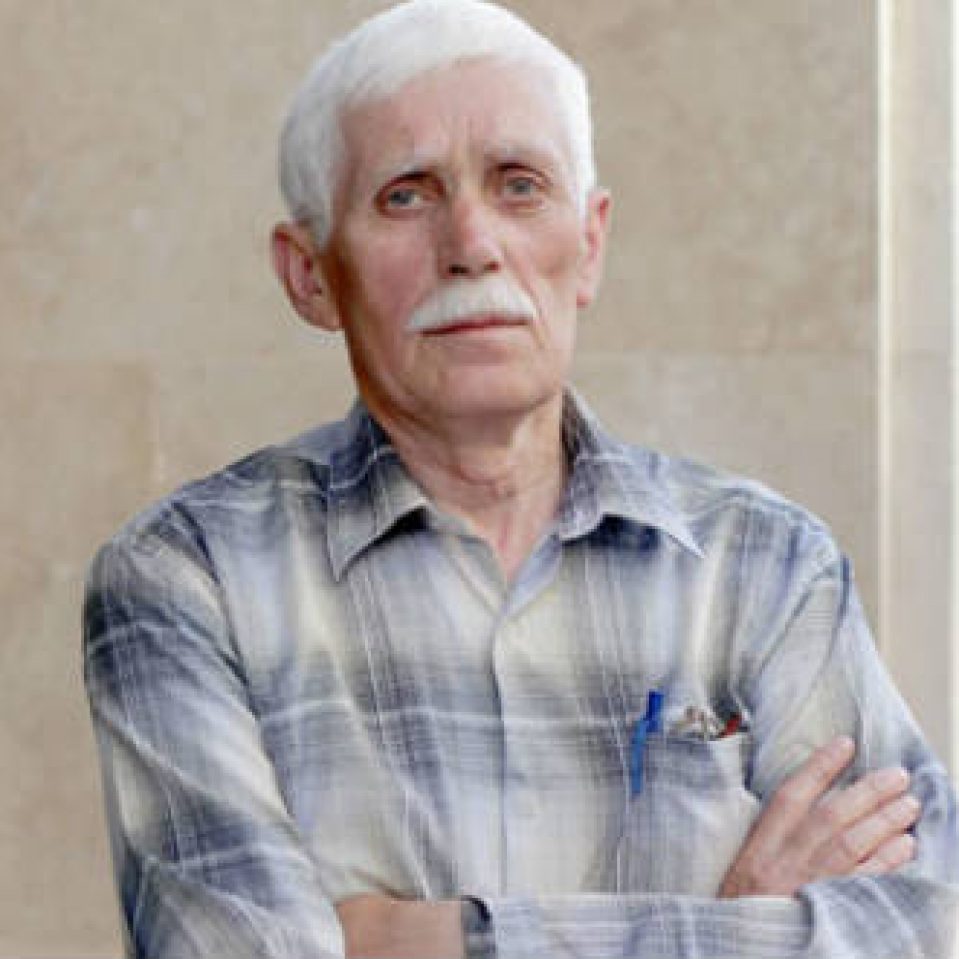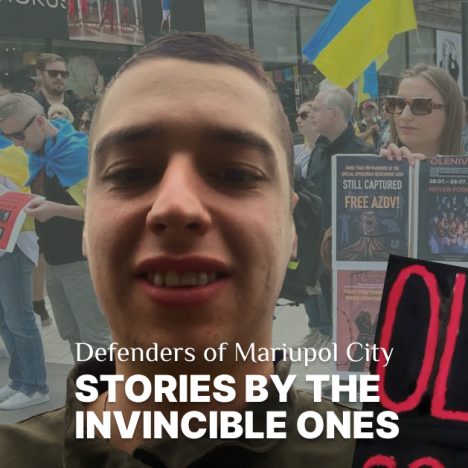Last June I went to Lublin to take part in the festival Inne Brzmienia/Wschód Kultury and to present the Polish translation of one of my novels. Having come there, I was surprised to learn that I was not the only Zakarpattian author on the schedule. I was further taken aback by the fact that I had never heard the name of my colleague before.
When one of the journalists asked me if we had come to the festival together, I would have had to feverishly find an excuse to avoid the question, since I did not know the answer to it. I was ashamed of admitting to never having heard about the other author, as such an answer might have hinted at my ignorance or offended the other author.
This was quite an uncommon, exceptional and completely absurd situation when a foreign publishing house brought out books of two Zakarpattian authors without them knowing one another.
There are not that many authors residing in Zakarpattia (with the number of readers being supposedly even smaller), which makes me think why we had not heard of each other before. Only after I had taken a trip to Poland, did I learn about the existence of this colleague of mine and his book. The feeling of reading a Polish translation of the Zakarpattia’s author was also weird.
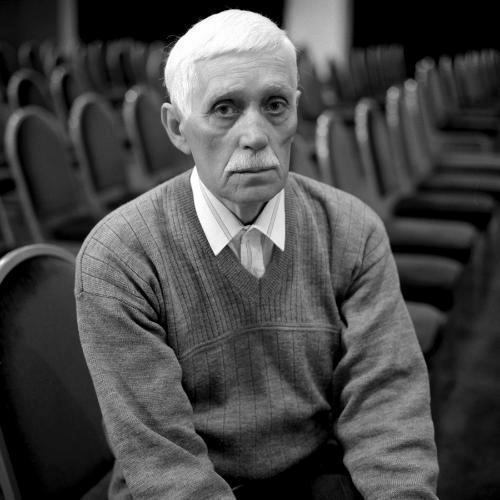
Well, alright, I will not be teasing you any longer – I am talking about Zoltán Mihál Nagy, the Hungarian-speaking writer who has been living in a Zakarpattian village near the Hungarian border.
He has written nearly 20 books, having received numerous accolades, among which is one of the most important prizes of Hungarian literature, the Attila József Prize, for his novel «A sátán fattya» (the Hungarian for ‘The Satan’s Bastard’). In 2017 a full-length film adaptation was produced in Hungary that successfully ran at festivals in Los Angeles, Brussels, Washington, Moscow, Buenos Aires, Yerevan and Beirut.
To make a long story short, Zoltán Mihál Nagy is one of the key figures of the modern Hungarian literature. He is basically a living canonical writer. He is also a Zakarpattia-born author, which means he also belongs to Ukrainian culture.
Moreover. his novel ‘The Satan’s Bastard’ describes a story that took place in Zakarpattia. According to the plot, when the Red Army recaptured the region in 1944, the Soviets began mounting purges, having sent almost 40 thousand of local Hungarian men into exile. The 18-year-old heroine of the novel, Esther Tovt (what a sophisticated allusion to the multicultural character of the region, since Esther is a typical Jewish name, while ‘Tovt’ is the Hungarian for a ‘Slovak’!) is heading for the camp to visit her father. There she is raped by Russian soldiers. She soon gives birth to a baby-son. It is he who embodies the title of the book, “The Satan’s Bastard’.
She has to live with her son, who is her burden, in a small and claustrophobic microcosm of the occupied Zakarpattian village. She is the object of double damnation, since she not only gave birth to a bastard, she gave birth to a Russian bastard. This psychological drama exceeds the boundaries of a secluded village. It becomes a metaphor of a hard fate that befell the Hungarians after the communist regime had been established.
Undoubtedly, this is a remarkable and important novel (interesting also from the stylistic point of view, since the whole novel is written in one uninterrupted sentence) for Hungarian collective memory.
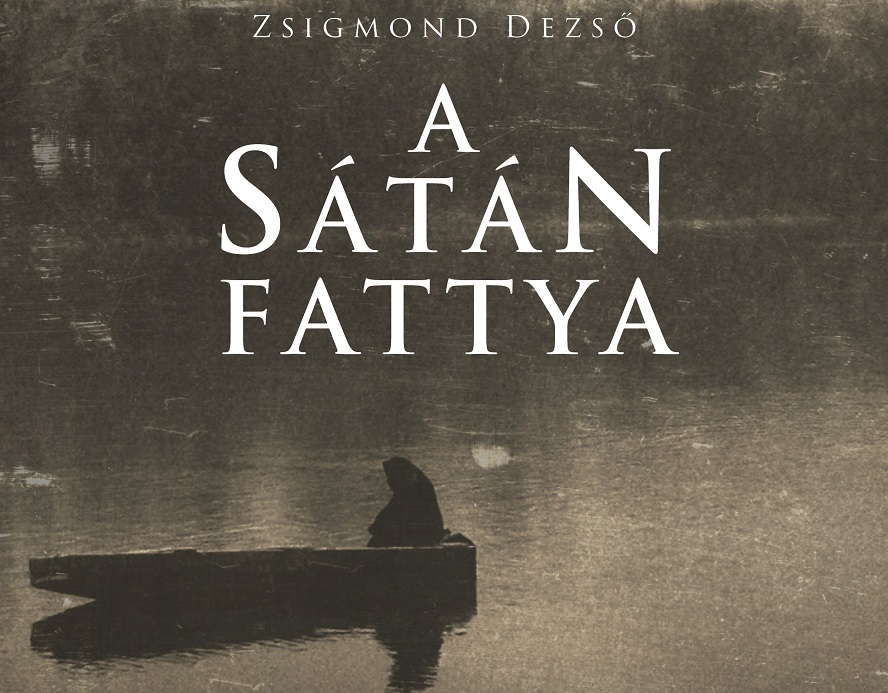
The problem lies also in the fact that this text is also important for Ukrainian culture, since it describes the fate of citizens of Ukraine, of Zakarpattian Hungarians. However, hardly anyone in Ukraine knows or has heard about the emblematic author.
Worse still, hardly anyone from Zakarpattia has heard about him. As you can see, even people from the same geographical area do not know anything about Zoltán Mihál Nagy. This is not normal, and here’s why:
It is not normal in view of the high barriers that have appeared in our multicultural environment. While living close to one another and constantly emphasizing the rich culture of the region, we, in fact, live in our own ghettos, without knowing anything about one another.
It is not normal in view of the fact that the Hungarian minority keeps cutting itself off in its microcosm (we could have a separate discussion on why it is so), without maintaining any contacts with the Ukrainian community of the region.
The vast majority of cultural events organized by the Zakarpattian Hungarians are held without Ukrainian translation. Guests are invited only through the Hungarian media.
The saddest thing is that these events mostly deal with Hungarian folklore. For instance, you could participate in the Hungarian cuisine week, in the festival of folk songs and dances. We seldom hear about the high culture of the Zakarpattian Hungarians. For instance, the latest concert in the Uzhhorod Philharmonic dedicated to the jubilee of Béla Bartók almost entirely featured the covers of folk songs, whereas the composer is mostly known for his symphonies.
Little wonder that the Hungarian community organizes the cuisine-themed festivals featuring songs and dances, being reluctant to popularize the works of its great writer.
It is not normal in view of the poort support lent to national minorities by the Ukrainian state and local authorities. Any normal country would have implemented separate budget programs long ago. These programs would enable local Hungarians with the help of Ukrainian funds to popularize their country in their own motherland, i.e. in Ukraine, which also implies financing and publishing books.
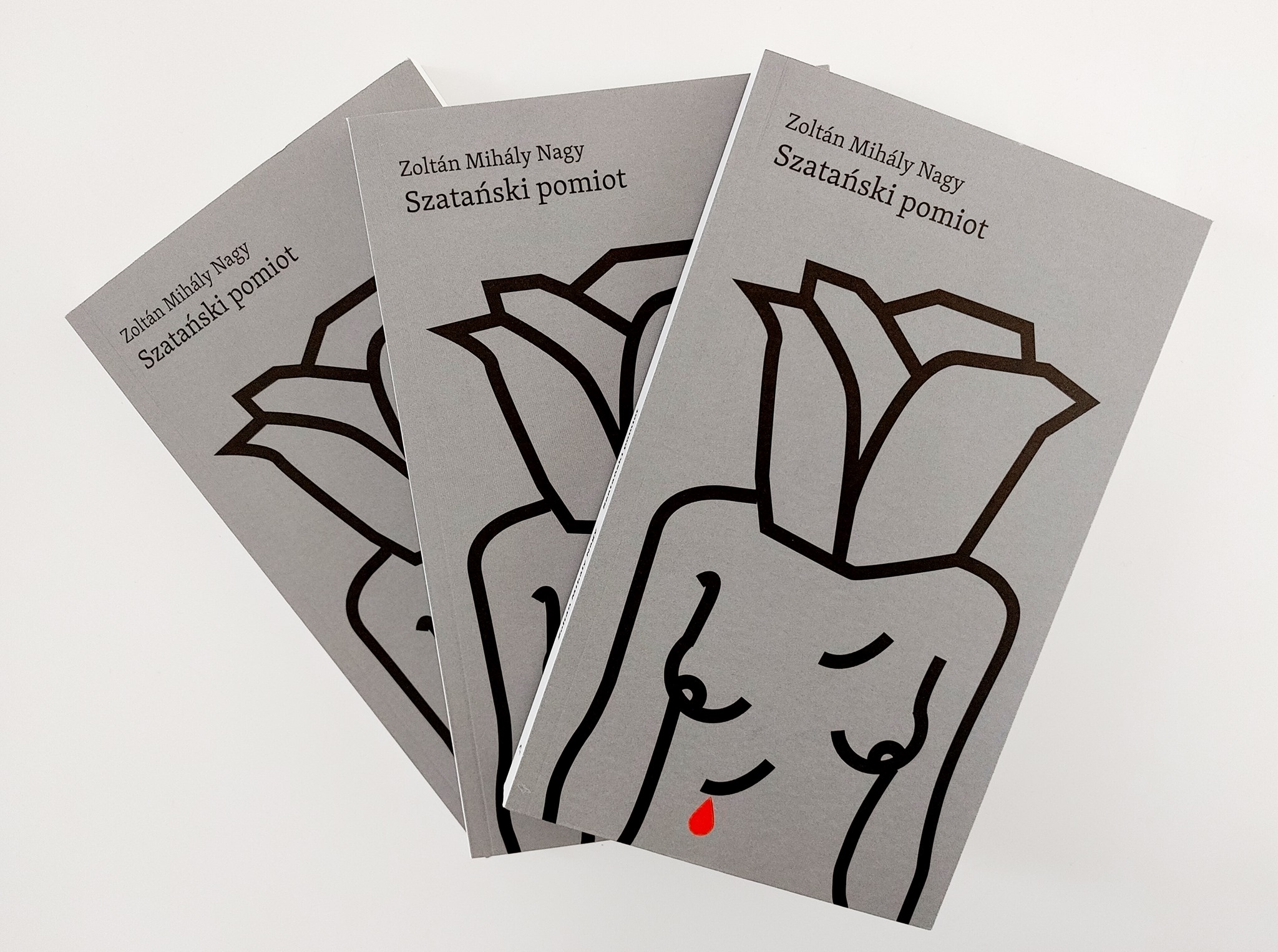
The Zakarpattian Hungarian pay taxes in Ukraine, which means they are fully entitled to having their cultural needs financed by these taxes.
Should we really move towards Europe, then the support (not only verbal, but also financial) of its national minorities by the Ukrainian government would be a very much needed step that is long overdue. It is us who need to take this step, not the bureaucrats from Brussels who demand such a reform to be implemented by the Ukrainian government. Such a gesture would finally change the national minority’s attitude to the Ukrainian state.
Even though this is a sad fact, I am glad to have gotten acquainted with Zoltán Mihál Nagy, even if in Polish translation. However, I still think that the novel ‘The Satan’s Bastard’ has to be published in Ukrainian. I know that such a project can be easily funded by the Hungarian government, but I also think that this is to be done with Ukrainian funding.
I wonder, if the crowdfunding project for translation and publishing of this book could be launched, would we manage to raise the necessary sum? Do you think this idea is worth a try?
Such a project could demonstrate just how important our multiculturalism is to us and if we really take interest in the culture of Ukrainian Hungarians.
What do you think?
Andriy Lyubka, exclusively for InfoPost.Media
Ez a szöveg magyarul is elérhető: Ukrajnában él a magyar irodalom egyik klasszikusa. Hallott-e róla?
Ця публікація доступна також українською: В Україні живе класик угорської літератури. Чули про нього?
*This text is the author’s column, which means it represents, first of all, the views of the author of the material, which may not coincide with the views of the InfoPost. We publish author’s columns, first and foremost, for the sake of discussion of important topics, since we believe in the power of public dialogue. Should you want to write an author’s column for us, email us at editor.infopost@gmail.com

